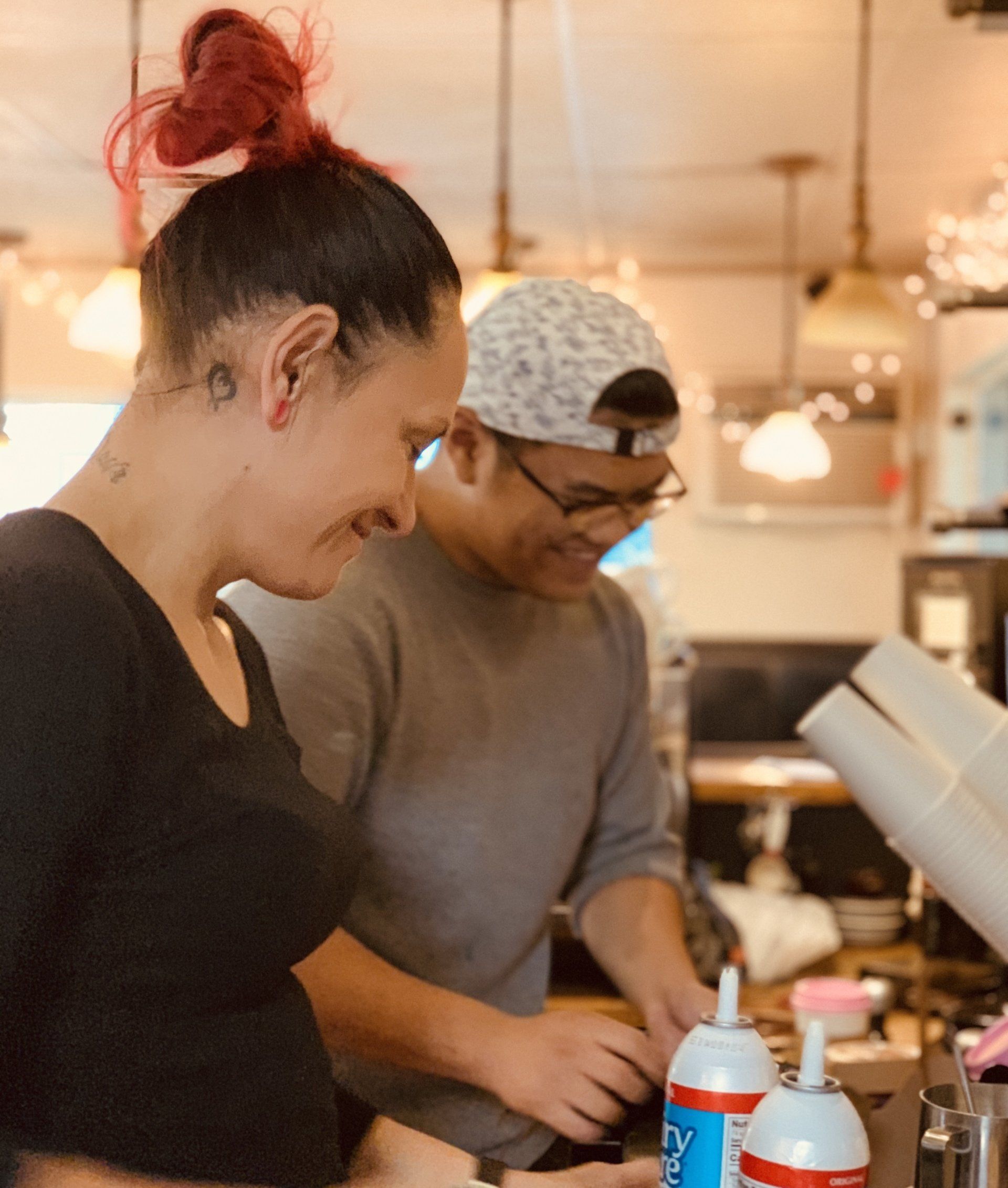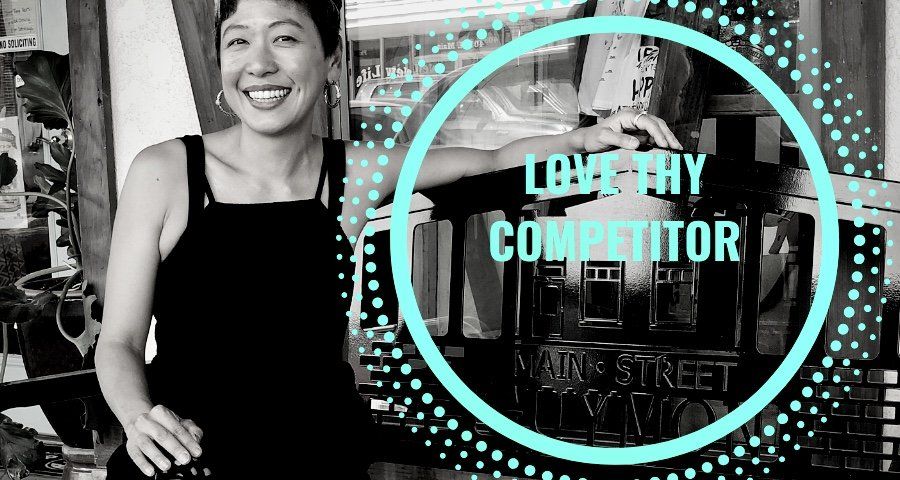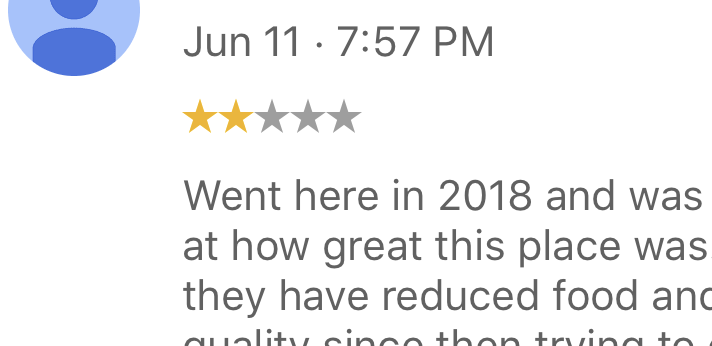What it takes to lead...
and, create a compass so you don't get lost!
Growing up, I always thought that I wanted to be a boss. My father is famously called "bossman" and was sort of a legend.* He was Executive Vice President of a major government agency by the age of 30 and had been recruited by the President of the Philippines to join an elite group of young leaders. I barely saw him in my formative years (topic for another blog), but I would hear about him. Why was he such a legend? What made him so important? I was curious about what he was able to achieve at such a young age, and what it took for him to get there. If he could do it, why couldn’t I?
Now I realize that management and leadership are not exactly the same things. Being a boss does not necessarily make one a leader. I know what it took for my dad to become not just a boss, but a great leader. The level of dedication and commitment he had for his work meant he sacrificed a LOT, including his family life. At my father’s funeral, one of my former bosses, reflecting upon my father’s achievements and lack of family life, kind of (but not really) apologetically mentioned that his children were expected "collateral damage".
While I aimed to achieve, I did so cautiously because I did not want to repeat the cycle with my own daughter. I was determined to become not only a boss, but a leader; one with a compass so I don't lose direction. As if I were creating a strategic plan, I started by identifying my values and beliefs. I placed my family first and foremost and noted that if the choice would have to be made, I would prioritize their needs first. I value the families of my employees as my own, and our policies are flexible to accommodate and cultivate family life. Second, I decided to instill integrity into any decision-making process. Integrity is central to my work ethic, quality of my products and services and my relationship with our various stakeholders. Third, I prioritized diversity and inclusion. I know that businesses thrive as open and inclusive environments both internally and externally. Finally, I sought social responsibility. While we operate within the context of our community, we have a responsibility to nurture it through philanthropy and civic engagement.
But, enough about me! Going back to my Dad.... I did spend a lot of time observing his work and his impact on people. These are the top 4 I learned from Horacio's playbook:
CONNECT.
Make genuine and memorable connections with people. When he met people, he got to know them personally and he remembered their names. What or who was important to them? Did they have kids in college? What were their names? What were they studying and what were their aspirations? All of this information was kept in his mental rolodex and the information masterfully retrieved and updated on the next meeting.
MOBILIZE.
Mobilize your network of human resources. Because he got to know everyone he met, he was able to also categorize this information on what resources these individuals bring to the table. Did that person have knack for data? Was he/she an expert in a field? He knew how to identify human resources and mobilize them to manage or lead specific projects or organizations.
INSPIRE.
Once people were mobilized, he was able to cultivate and challenge them to a high level of commitment. It is easy to demand people do the work. However, it is exceptional to inspire people to work, to go over and beyond to achieve a common vision.
BRIDGE.
I think this is where the stroke of genius happens - when you can make different or potentially discordant networks work together. I remember when he was Campaign Manager for then-candidate and Philippine ex-President Estrada. At that time, I wondered why my father was working with him, because they were from different political parties. My Dad told me, "So, far we have been able to talk and agree. I think we have a chance for change". Most of the time it is difficult to find commonality - my Dad was good at finding ways to bridge differences.
While I try to integrate my values: family-orientation, integrity, diversity and inclusion and social responsibility, as compass for each of our business organizations, I take cues from Horacio's playbook all day long!
* You can learn more about the work of Horacio "Boy Morales Jr. here.
Subscribe for the Latest and the Greatest!





